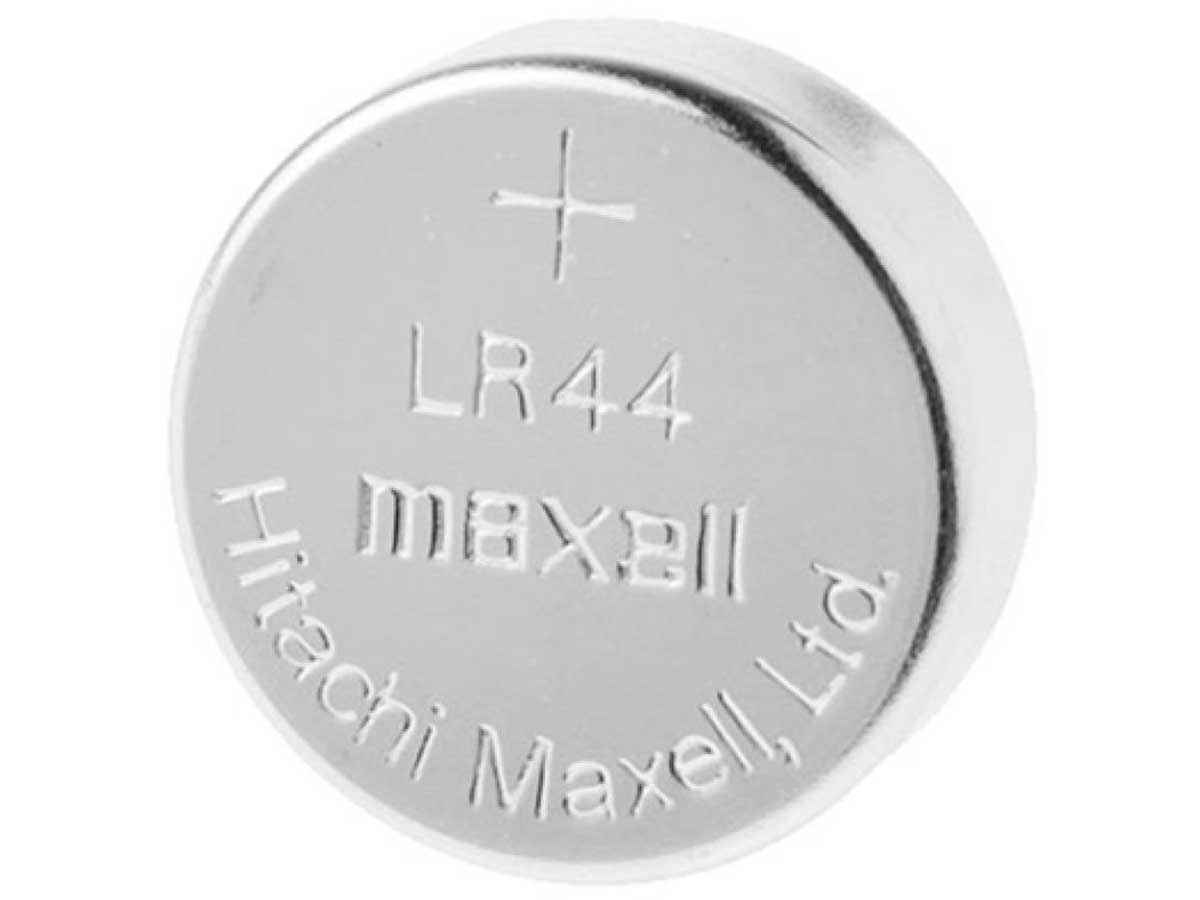Introduction to LR44 Batteries
LR44 batteries, also known as AG13, A76, or 357A batteries, are small button cell batteries commonly used in various electronic devices. Despite their diminutive size, these batteries pack a powerful punch, making them indispensable in many everyday items.
What Makes LR44 Batteries Unique?
Composition and Size
LR44 batteries are typically composed of alkaline or silver oxide materials, housed within a cylindrical casing. Their compact size, usually around 11.6 mm in diameter and 5.4 mm in height, allows them to fit snugly into a wide range of gadgets and appliances.
Common Uses
These versatile batteries find applications in a multitude of devices, including calculators, watches, digital thermometers, laser pointers, toys, and even small medical devices like glucose meters.
LR44 vs. Similar Batteries
While LR44 batteries are widely used, they are not the only option available. Several other batteries, such as CR2032, SR44, and AG13, share similarities with LR44 batteries but differ in certain aspects.
CR2032
CR2032 batteries, also known as coin cells, are larger and thicker than LR44 batteries. They are commonly used in devices requiring higher voltages and capacities, such as computer motherboards, key fobs, and wristwatches.
SR44
SR44 batteries, also referred to as silver oxide batteries, offer a longer lifespan compared to LR44 batteries. They are often used in precision instruments like cameras, calculators, and hearing aids.
AG13
AG13 batteries, identical to LR44 batteries, are interchangeable and share the same dimensions and voltage output. They are commonly found in toys, laser pointers, and small electronic devices.
Performance Comparison
Capacity and Voltage
LR44 batteries typically have a capacity ranging from 110 to 150 milliampere-hours (mAh) and a voltage output of around 1.5 volts. This makes them suitable for low-power applications where a steady power supply is required.
Shelf Life
One of the significant advantages of LR44 batteries is their impressive shelf life, often exceeding five years when stored properly. This ensures that they remain functional and reliable even when kept in storage for extended periods.
Cost and Accessibility
Price Comparison
LR44 batteries are relatively affordable, especially when purchased in bulk. However, their cost may vary depending on the brand and retailer. Compared to other similar batteries, LR44 batteries are generally more budget-friendly.
Availability
LR44 batteries are widely available both online and in retail stores, making them easily accessible for consumers. Their ubiquity ensures that replacements can be readily obtained whenever needed.
Pros and Cons of LR44 Batteries
Advantages
- Compact size makes them suitable for small devices.
- Affordable and readily available.
- Long shelf life ensures reliability over time.
Limitations
- Lower capacity compared to larger batteries.
- Not rechargeable, leading to eventual disposal.
Tips for Extending LR44 Battery Life
To maximize the lifespan of LR44 batteries, consider the following tips:
- Store batteries in a cool, dry place.
- Remove batteries from devices when not in use for extended periods.
- Avoid mixing old and new batteries in the same device.
Environmental Impact
Recycling Options
While LR44 batteries are not rechargeable, they can still be recycled at designated collection points or through specialized recycling programs. Proper disposal helps reduce environmental pollution and conserves valuable resources.
Disposal Considerations
When disposing of LR44 batteries, it’s essential to follow local regulations regarding battery disposal. Many municipalities offer recycling services for household batteries to prevent harmful chemicals from leaching into the environment.
Conclusion
LR44 batteries play a crucial role in powering a wide array of electronic devices, thanks to their compact size, reliable performance, and affordability. While they may not offer the highest capacity or lifespan compared to larger batteries, their convenience and accessibility make them a popular choice for many consumers.
FAQs
What devices commonly use LR44 batteries?
LR44 batteries are commonly used in calculators, watches, digital thermometers, laser pointers, toys, and small medical devices.
How long do LR44 batteries typically last?
The lifespan of LR44 batteries varies depending on usage, but they typically last between one to three years in most devices.
Can LR44 batteries be recharged?
No, LR44 batteries are not rechargeable and should not be attempted to be recharged as it may cause leakage or damage.
Are there any safety concerns with LR44 batteries?
LR44 batteries should be handled with care and kept away from children, as ingestion can lead to serious health complications. Additionally, puncturing or overheating LR44 batteries can cause them to leak or explode.
How should LR44 batteries be stored when not in use?
LR44 batteries should be stored in a cool, dry place away from direct sunlight and extreme temperatures. It’s also advisable to store them in their original packaging or in a battery case to prevent short circuits.
